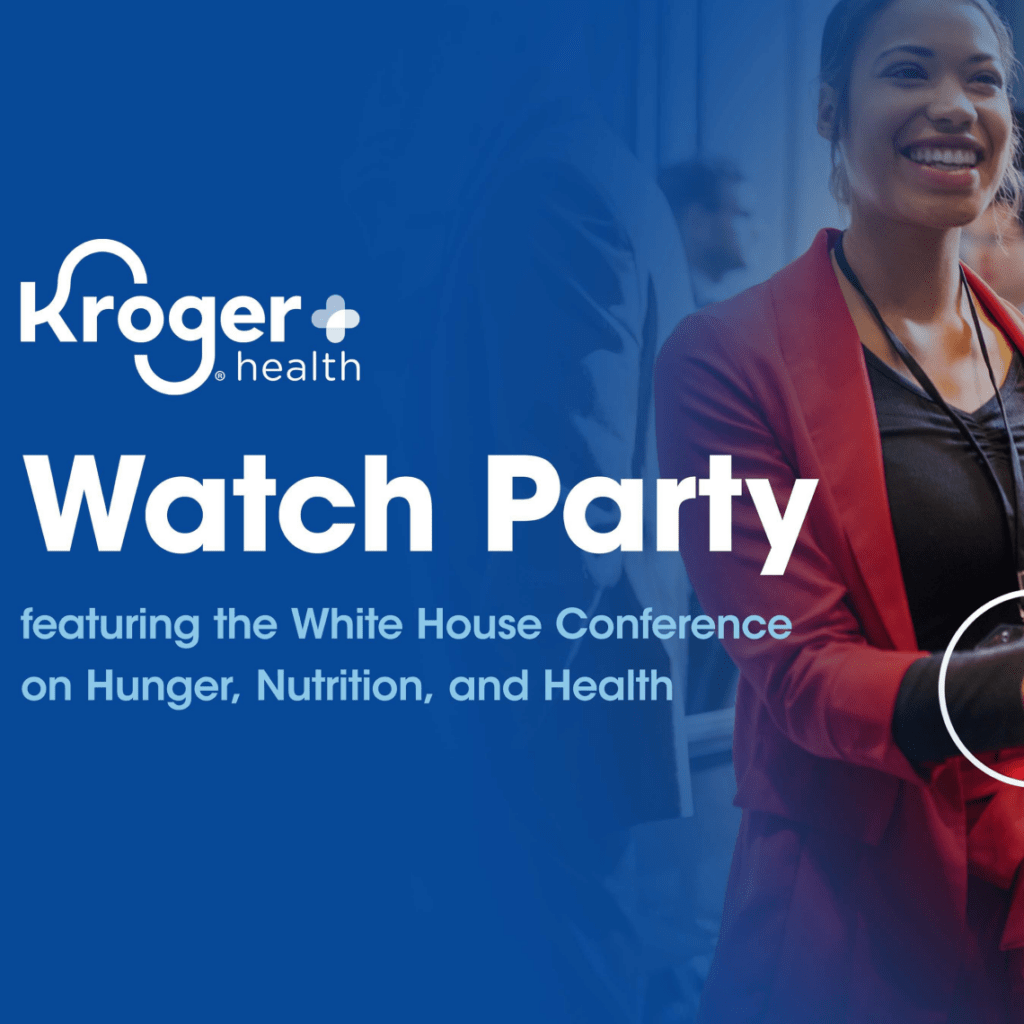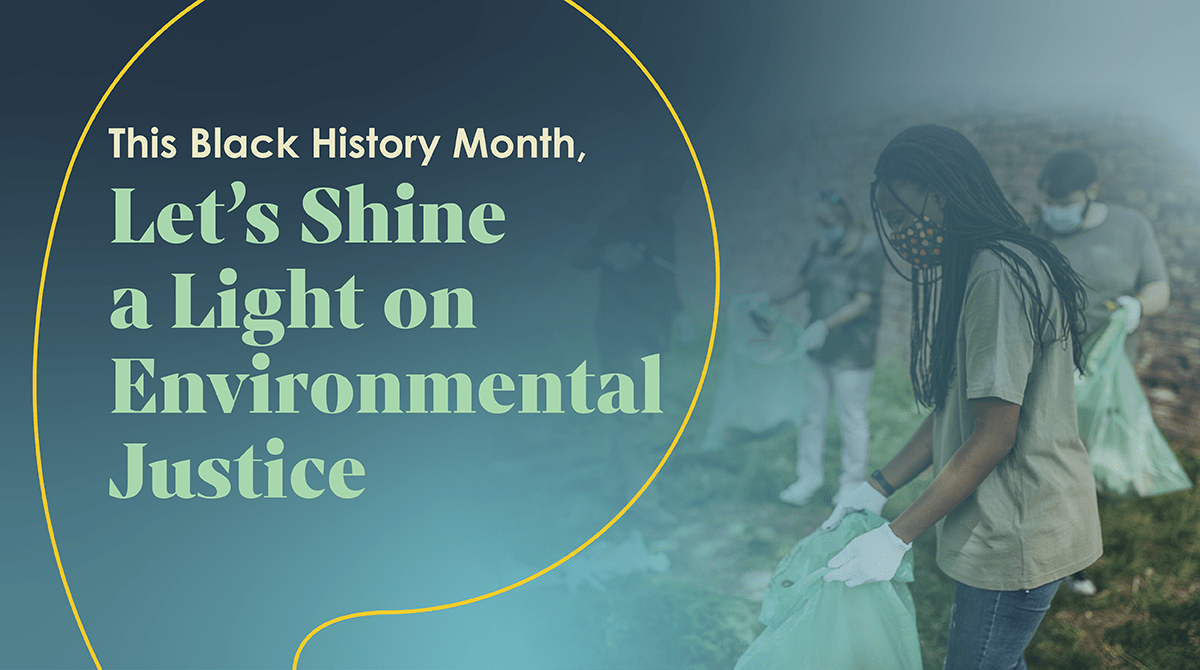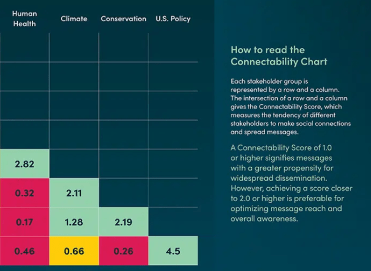#ForThemForUs: How JPA Health Amplified Awareness of Zoonotic Diseases
In recognition of World Rabies Day, JPA Health set out to inspire global action through the #ForThemForUs campaign, supporting the World Health Organization’s goal of zero dog-mediated human deaths by 2030.

The Impact
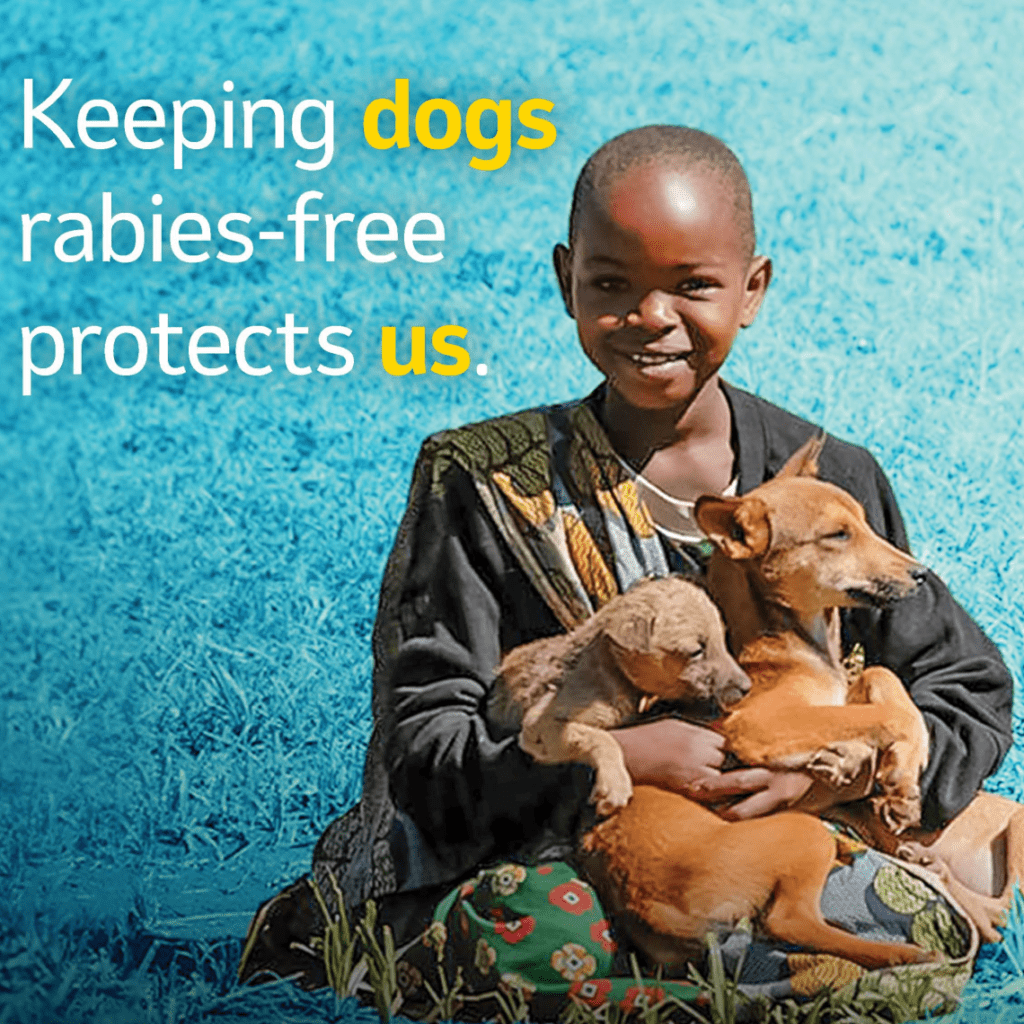
1,005
media
placements
#ForThemForUs
hashtag reached
54k+
people
215 million
potential
audience
reach
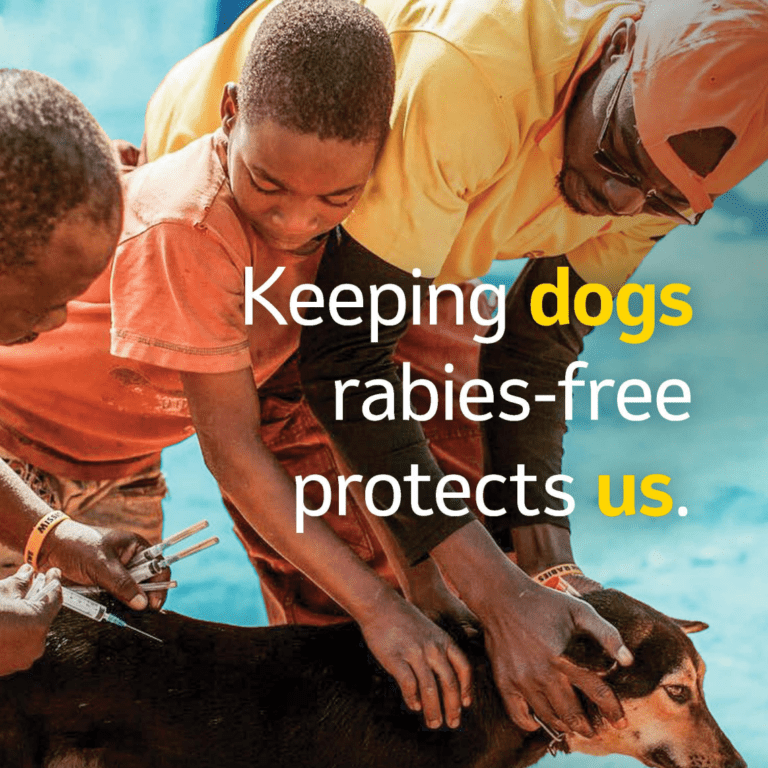
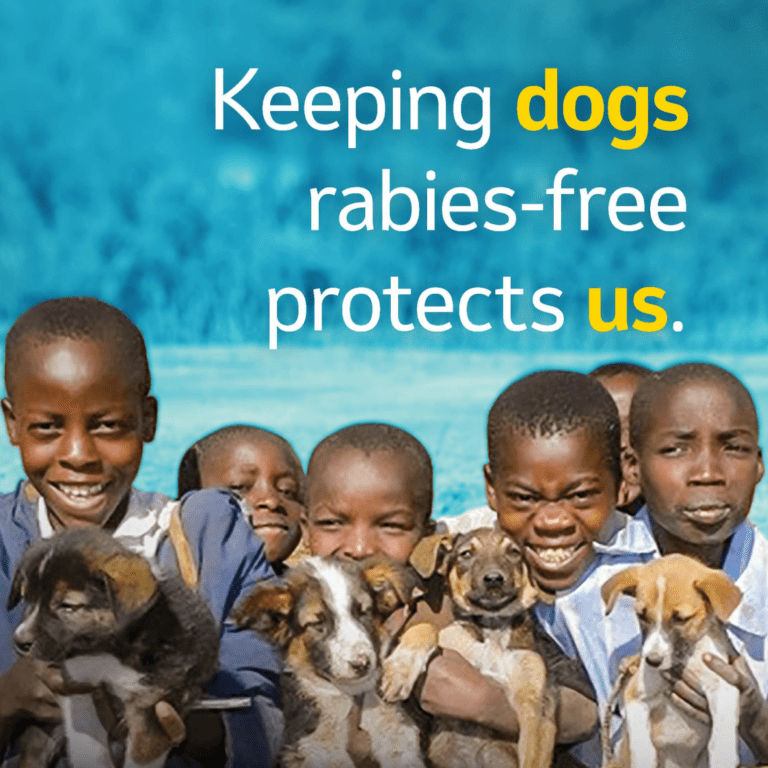
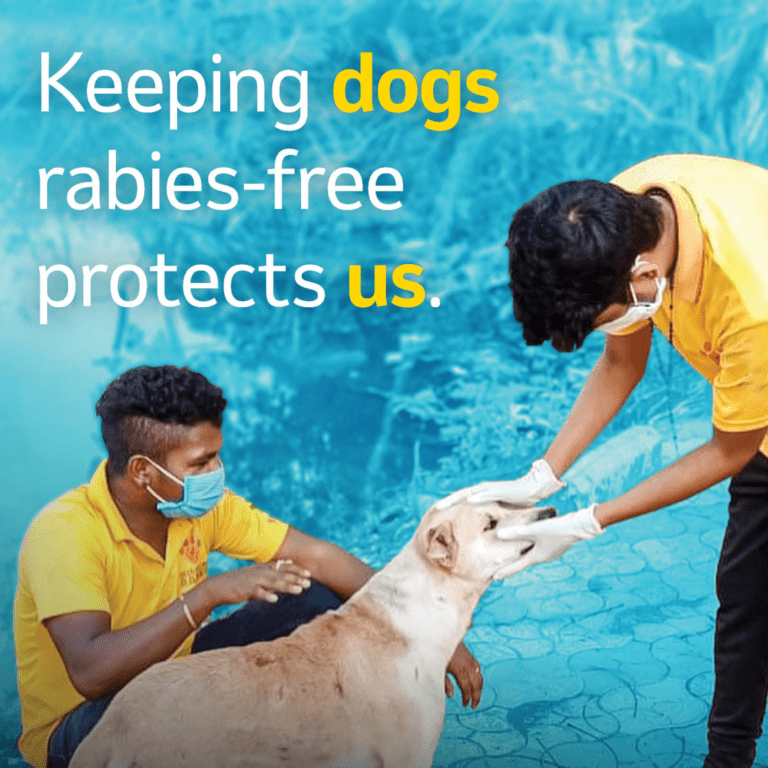
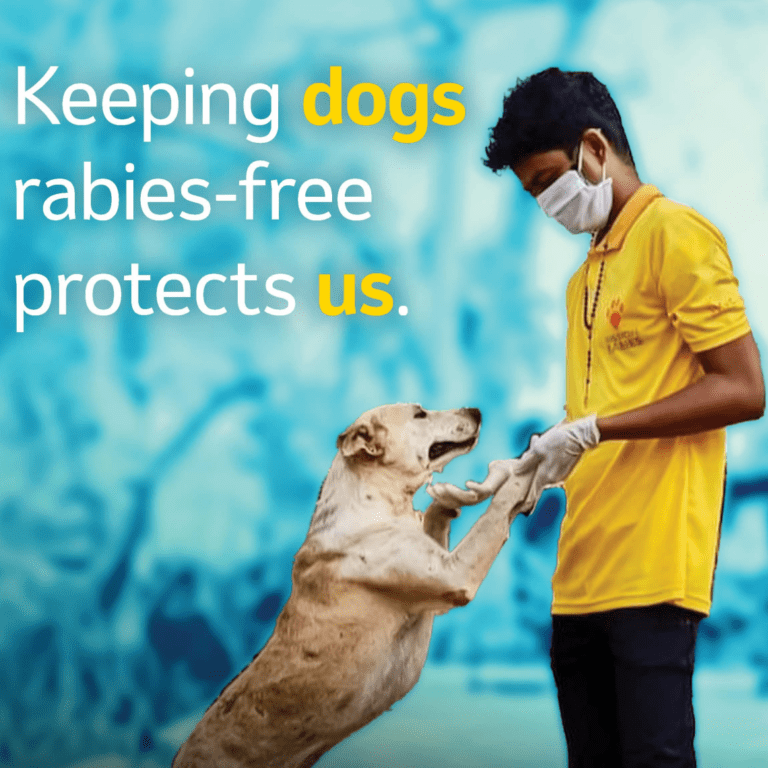
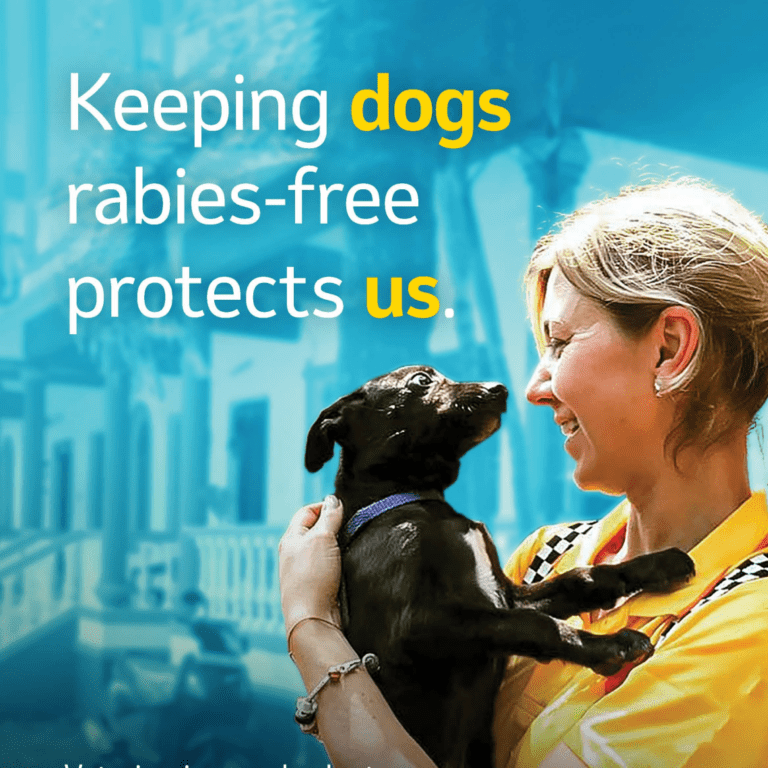

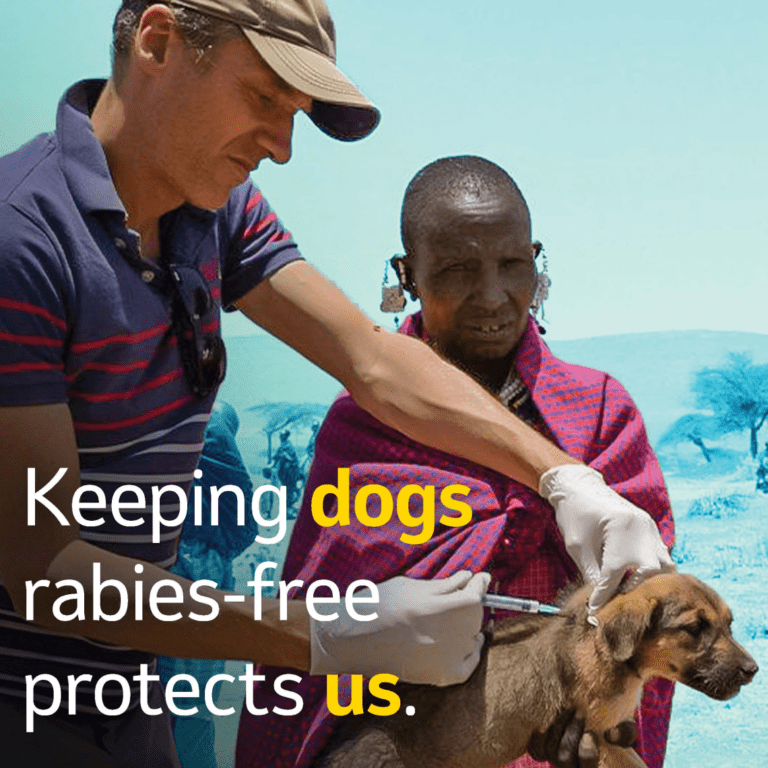

The Challenge
Each year an estimated 59,000 people die from rabies, nearly all caused by dog bites. This is due to low rates of canine vaccination in rabies-endemic areas and a lack of awareness about the disease.
Our Approach
Knowing protecting dogs from rabies also means protecting humans, JPA Health created #ForThemForUs. The campaign tapped into humans’ love of dogs to drive understanding of how protecting dogs from rabies protects us all.
The Solution
#ForThemForUs was turned into a comprehensive toolkit for 50+ markets around the world to use in their local communities, including infographics, videos, media materials, digital ads, email and social graphics and thank you cards.
To reach the U.S. public, we published a mat release educating dog owners on the importance of ensuring their pets’ vaccines are up to date. We also tapped into the power of social media by working with one dog and two veterinarian influencers to raise awareness.
Related Work
White House Conference: How JPA Health Positioned Kroger Health for Leadership
JPA Health helped positioned Kroger Health as an industry leader at the White House Conference on Hunger, Nutrition and Health, at the center of the conversation on improving America’s relationship with food.

The Impact
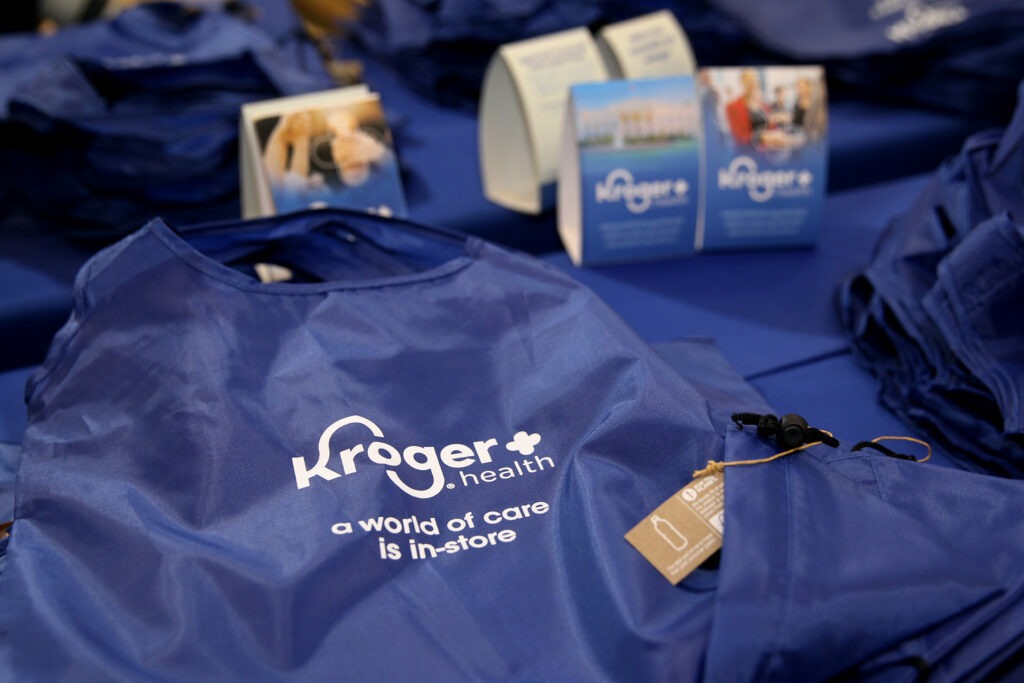
16 industry
leaders joined
closed-door
roundtable
Direct
communication
to 24,000
stakeholders
87,000
potential
audience
reach
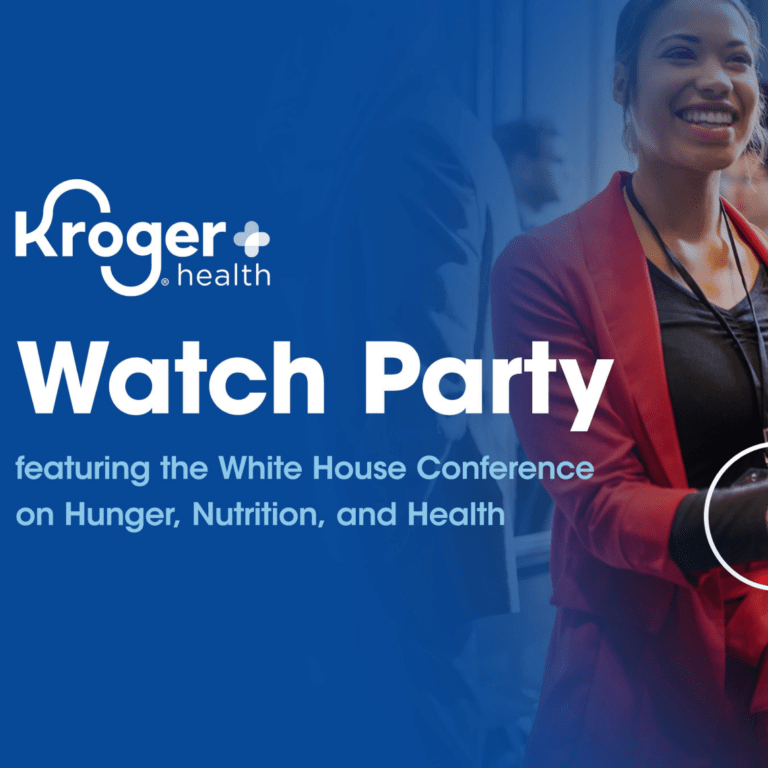
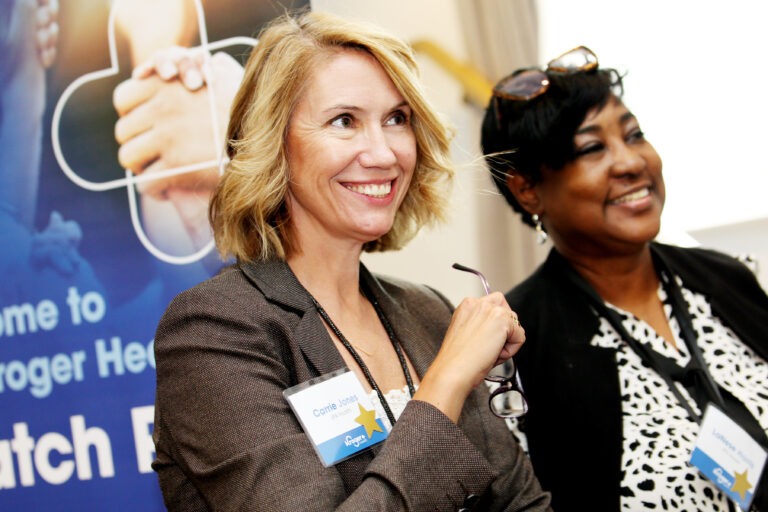
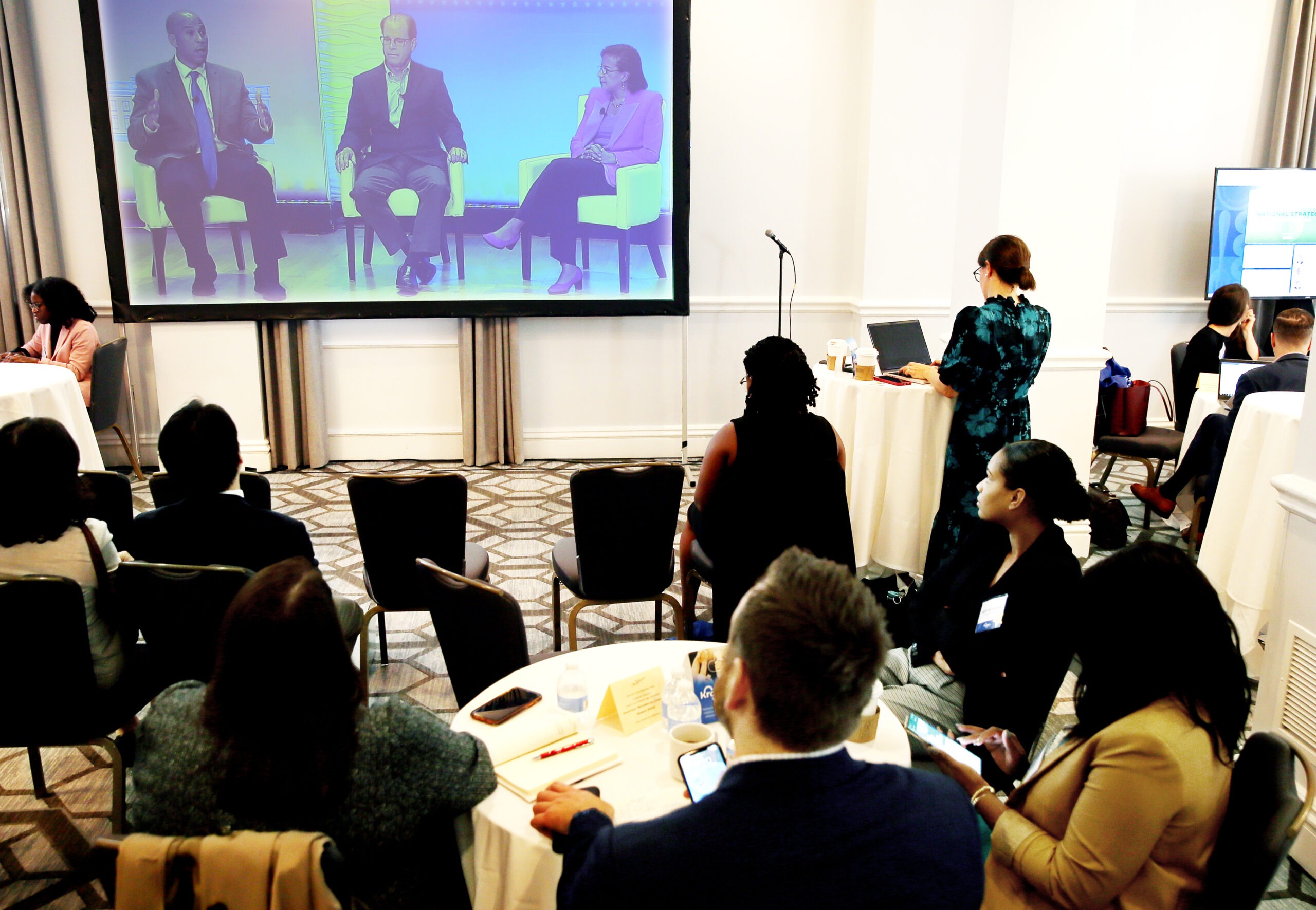
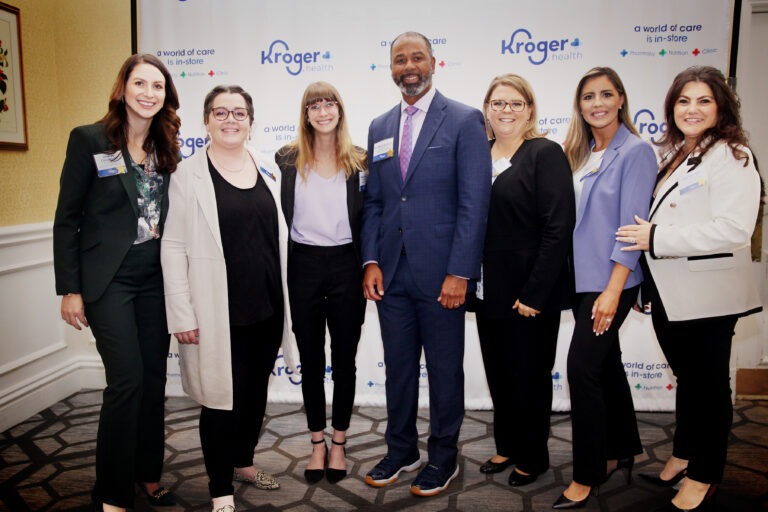
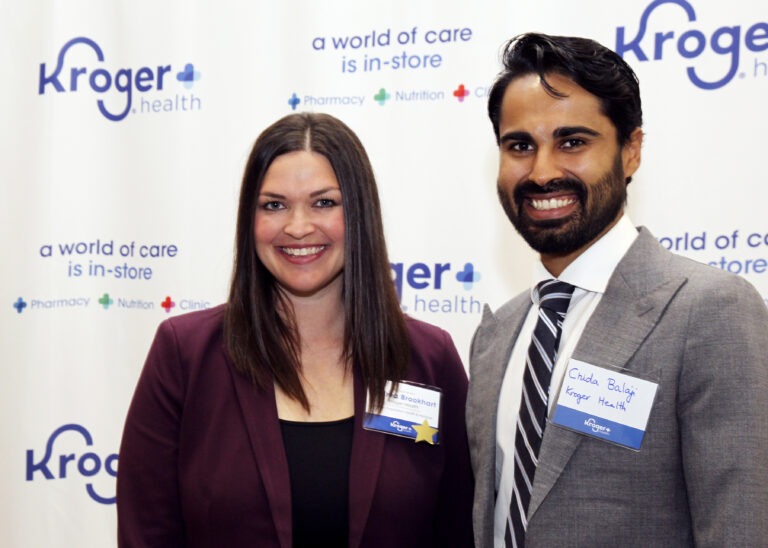

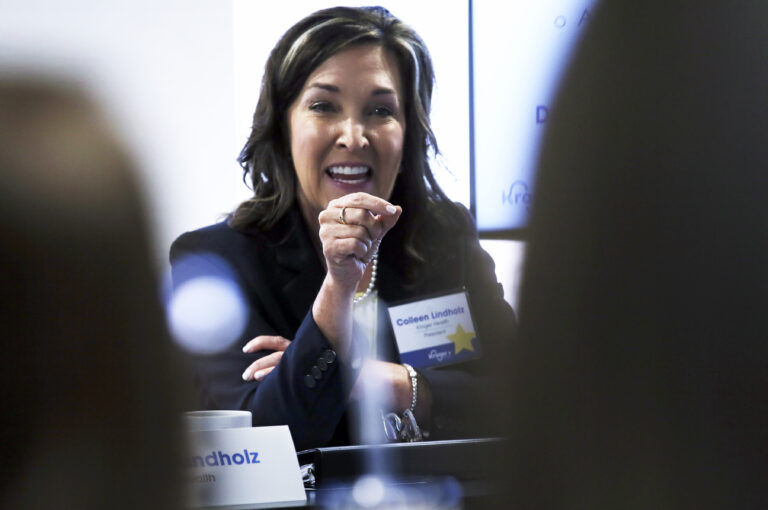

The Challenge
Millions of Americans are affected by food insecurity and diet-related diseases. Kroger Health had one month to seize a leadership position on the issue during the White House Conference on Hunger, Nutrition, and Health.
Our Approach
JPA Health developed a multi-faceted approach to capitalize on the one-day event: a roundtable discussion with industry leaders, a conference watch party, news and social media outreach, and a strategic thought leadership plan for Kroger executives to continue the conversation online.
The Solution
In conjunction with the White House Conference, JPA Health executed an industry roundtable with key leaders who discussed solutions for hunger, nutrition and diet-related chronic disease. We hosted a public-facing White House Conference Watch Party on X (formerly Twitter) and a Zoom Webinar, with over 24,000 attendees invited. Additionally, real-time content posted on Kroger Health social media channels helped elevate awareness, reaching over 87,000 people.
Related Work
JPA Health Unveils Connectability Score to Measure Relationships Between Key Audiences
WASHINGTON, D.C., November 1, 2023 – A new report from JPA Health entitled, “One World, One Health: Exploring the Connectability between Human, Animal and Environmental Health,” reveals a concerning lack of communication and collaboration among influential global stakeholders in human, animal, and environmental health.
The One Health concept, endorsed by the World Health Organization and the Centers for Disease Control and Prevention, recognizes the need for greater collaboration between human, animal, and environmental health stakeholders.1,2 The principles of One Health are also reflected in the United Nations’ Sustainable Development Goals, including Zero Hunger (Goal 2), Good Health and Wellbeing (Goal 3), Clean Water and Sanitation (Goal 6), Life Below Water (Goal 14), and Life on Land (Goal 15).3
Key Takeaway
– One Health is an emerging sector
– Stakeholders are talking to themselves
– CEO’s need to breakdown silos

Related Case Studies
“We hope this analysis serves as a catalyst for change, igniting conversations and inspiring collaborative action towards a future where One Health is embraced as the foundation for addressing the complex health challenges of our time,” said Professor Michael Lairmore DVM, PhD, Distinguished Professor (Emeritus) and Former Dean, UC Davis, who contributed to the report.
To generate the report, JPA Health’s insights tool, GRETEL®, was used to assess the connections and influence between organizations and individuals (using social network analysis as a proxy). The key findings are:
- The One Health conversation is taking place in a bubble. One Health stakeholders are talking to themselves and not engaging critical stakeholders across animal, human, and environmental health sectors.
- Climate and conservation stakeholders are almost absent in One Health conversations and interaction. While two of the key stakeholders—animal health and human health—are engaged in One Health discussions (Connectability Scores of 2.76 and 1.44 respectively), there is little engagement from climate and conservation stakeholders in conversations and interactions in the One Health arena (Connectability Scores of 0.21 and 0.33 respectively).
- Policymakers are disconnected from One Health. In the United States, one of the most powerful and influential nations, policymakers are generally detached from the One Health conversation (Connectability Score of 0.11).
To generate these findings, JPA Health utilized the ‘Connectability Score’ and an analysis of stakeholders to assess how effectively different stakeholders build social connections and disseminate messages. A Connectability Score of 1.0 or higher signifies messages with a greater propensity for widespread dissemination. However, achieving a score closer to 2.0 or higher is preferable for optimizing message reach and overall awareness.
The One Health Connectability Chart
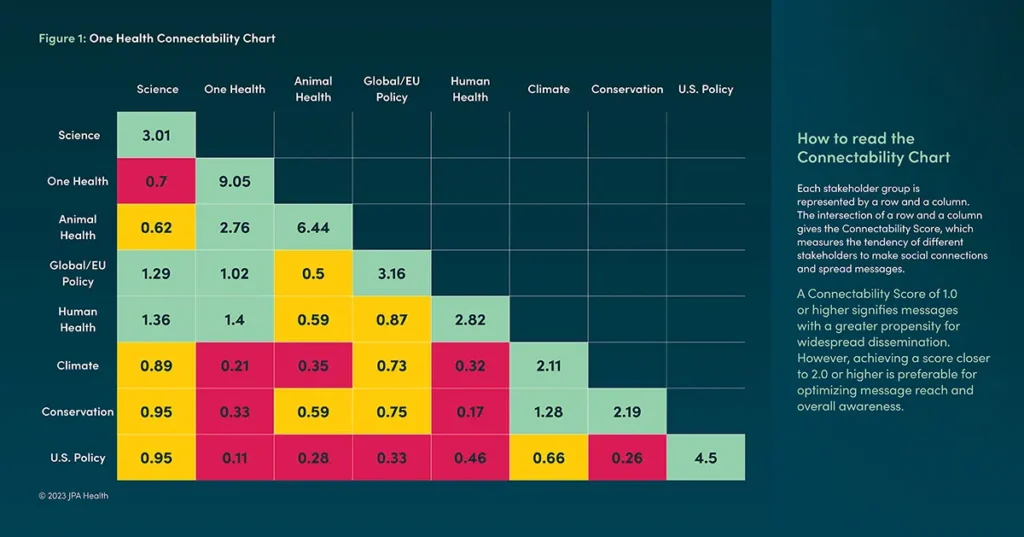
ATTRIBUTION SOURCE: JPA Health, “One World, One Health: Exploring the Connectability between Human, Animal and Environmental Health”
“We developed this report to underscore the pressing need for all stakeholders, including CEOs and C-suite executives, to prioritize the One Health approach and work more intentionally to protect both human and animal health, as well as the long-term sustainability of our planet,” said Carrie Jones, CEO of JPA Health. “We’re urging business leaders to set the precedent, championing cross-sector communication and a shared commitment to a healthier world. This isn’t just a moral obligation; it’s a strategic necessity for sustainable, long-term business success.”
Gaps in the One Health conversation identified by JPA Health’s analysis could be addressed in a number of ways, including but not limited to: integrated and enhanced federal, state and local policies; targeted communications campaigns; stronger cross-sector partnerships; and more authentic diversity, equity, and inclusion efforts.
The full report is available here.
Approach
JPA Health used its proprietary AI-powered insights tool, GRETEL®, to analyze social network data from August 2022 to July 2023. This analysis revealed important insights about the One Health approach, including how well the human, animal, and environmental health sectors are communicating. While One Health initiatives have a global impact, the report shows that key players in health, medical, and science fields are not having ongoing and in-depth conversations about One Health. It also highlights limited communication among these stakeholders, underscoring the urgent need for better collaboration to tackle complex global health challenges.
About JPA Health
JPA Health is an award-winning independent, full-service agency established in 2007. With offices in the U.S. and UK, the agency provides marketing, public relations, and advocacy services. JPA Health recently was awarded PR Daily’s Agency of the Year, 2023. The firm is a leader in the health sector for its award-winning work designing health campaigns that drive change and deliver measurable results. The JPA Health team is passionate about helping people live healthier lives. To learn more, visit www.jpa.com.
About GRETEL®
The proprietary GRETEL precision communications engine is designed to help users navigate the complex landscape of health communications by providing data-driven insights, identifying trends and understanding audience preferences. By analyzing large datasets, it can identify themes, trends and preferences within specific health topics, enabling the development of targeted and effective messaging strategies to engage with audiences.
About One Health
One Health recognizes the interconnectedness of human health, animal health, and environmental health. Disease prevention and zoonotic disease monitoring can reduce the risk of serious disease outbreaks. The health of the environment impacts humans, animals and plants. Deforestation, pollution and climate change have consequences for all areas in One Health and by considering these issues holistically, we can address complex global health issues and lead to better outcomes for us all.1,2
References
- World Health Organization: WHO. One health. https://www.who.int/health-topics/one-health. Published May 9, 2022.
- Centers for Disease Control and Prevention. One Health Basics. Centers for Disease Control and Prevention. Published November 5, 2018. https://www.cdc.gov/onehealth/basics/index.html
- THE 17 GOALS | Sustainable Development. https://sdgs.un.org/goals.
One World, One Health
One Health recognizes the interconnectedness of human, animal, and environmental health.
At JPA Health, we recognize that the connectability between One Health stakeholders is crucial. Using industry-leading technology, we profiled the One Health landscape to better understand the stakeholders, influencers, key topics and interactions shaping the One Health conversation.
Driving Global Health Solutions
A healthier future for all – that is what sits at the heart of the One Health approach, which recognizes the complex intersection of human, animal and environmental health.
At JPA Health, we have extensive experience in navigating this interconnected landscape.
We work with clients to build effective strategies that help them participate in, convene, and drive conversations and actions that bring solutions to some of our world’s most challenging health issues.
For our clients, we deploy our expertise in these areas:
• Insights and Analytics
• Stakeholder Engagement and Advocacy
• Leadership Development
• Risk and Issue Preparedness
• Return on Investment
As strategic consultants with deep category expertise, we bring it together.
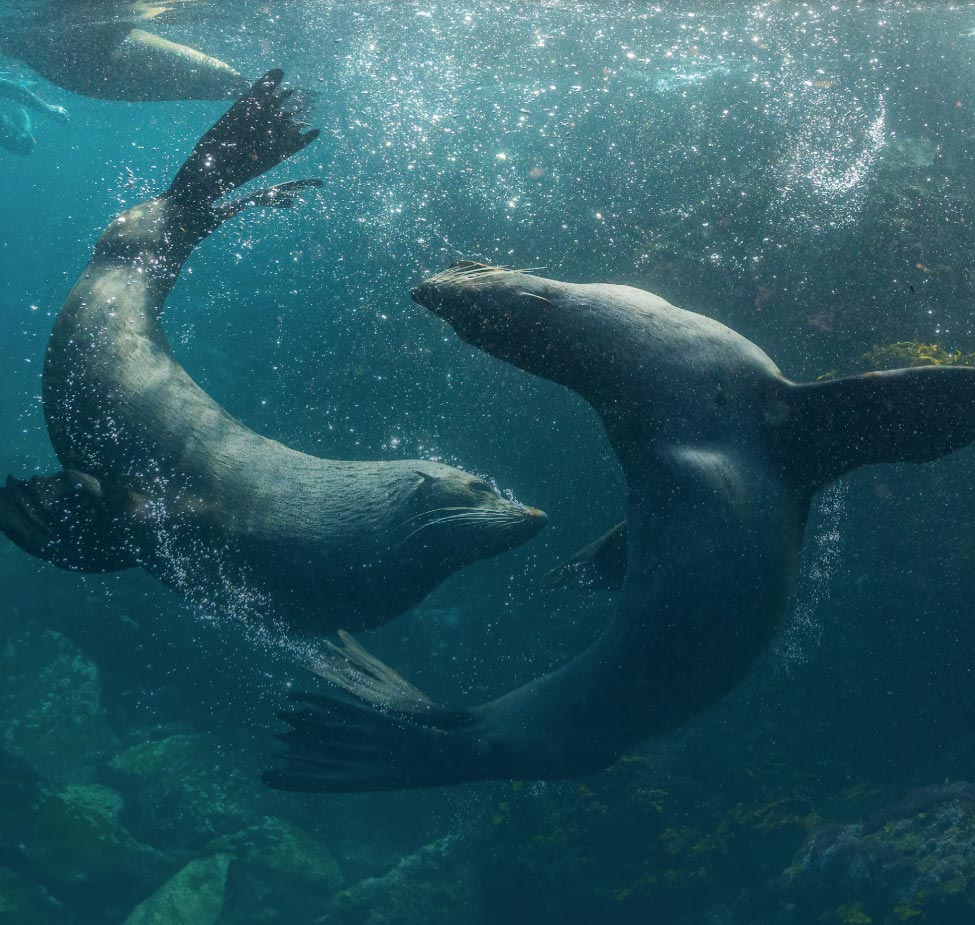
One World, One Health
This JPA Health exclusive report explores the connectability between human, animal and environmental health.
We’ve designed this report to help you tailor messages, leverage influential platforms, and build partnerships to amplify the impact of your communication initiatives and foster a collective understanding of the interconnectedness of health.
Our Clients
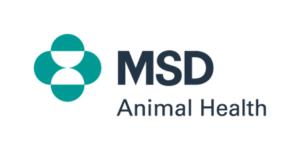
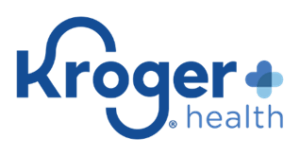



Our Expertise
Investor Relations
Advocacy & Public Affairs
Marketing & Advertising
Medical Communications
Public Relations
Health Tech & Services
One Health
Public Health
Life Sciences
Federal Government
Featured Insights
WASHINGTON, DC, October 11, 2023 — JPA Health, a global full-service, independent marketing and communications agency, announced today the addition of Tish Van Dyke to the role of executive vice president (EVP).
In her new capacity at JPA Health, Van Dyke will lead the agency’s Public Health and One Health offerings, working with clients to expand their visibility and impact to create lasting, positive change that will improve people’s health and wellbeing. She will be based in the agency’s Washington, D.C. office.
“We are thrilled to welcome Tish to the leadership team here at JPA Health,” said Carrie Jones, CEO of JPA Health. “With her proven track record of excellence in counseling clients, mentoring staff and delivering strong results for companies, brands, government agencies, and nonprofits, Tish will play a pivotal role in serving our clients and helping our team rise to even greater heights of success.”
Key Takeaway
– JPA expands leadership team
– Agency bolstering Public Health practice

Related Case Studies
An industry veteran, Van Dyke is a strategic communications leader who has worked across brand, corporate, public affairs, and issues management. Prior to joining JPA, Van Dyke spent more than 20 years at Edelman, where she was a member of the firm’s global health leadership team and oversaw the agency’s efforts to build offerings in health and technology and health and food. Until early 2019, Van Dyke served as chair of Edelman’s global food and beverage sector, responsible for overseeing and building the largest food and beverage portfolio and advisory team in the industry. In that role, she also directed the development of the agency’s food-related intellectual property. Most recently, Van Dyke was one of the founders of fluid-Collective, a global network of senior advisors working with organizations tackling communications-intensive business issues. Additionally, she worked with Sound Counsel, a risk, issues management and crisis-focused consultancy.
“JPA Health embodies so much of what I believe clients are looking for from agencies today – a health-centric, global agency with a dedicated team of experts who share the collective goal of helping people live healthier lives,” said Van Dyke. “I have long admired how they are building relevant and impactful client offerings, so I’m thrilled to join this woman-owned, award-winning agency and look forward to being part of a world-class leadership team that is focused on developing talent, teams, and offerings that meet client needs and are reflective of JPA’s client-focused, data-driven, omni-channel approach.”
Throughout her career, Van Dyke has advised clients including AB InBev, Danone, Johnson & Johnson, Kaiser Permanente, Microsoft Health, Novartis, Pfizer, Unilever, Walmart and Yum! brands build leadership platforms, navigate complex issues, and create advocacy for their brands and business.
About JPA Health
JPA Health is an award-winning independent, full-service agency established in 2007. With offices in the U.S. and UK, the agency provides marketing, public relations, and advocacy services. JPA Health was named PR Daily’s Agency of the Year 2023 and included in MM+M’s Agency 100. The firm is a leader in the health sector for its award-winning work designing health campaigns that drive change and deliver measurable results. The JPA Health team is passionate about helping people live healthier lives. To learn more, visit www.jpa.com
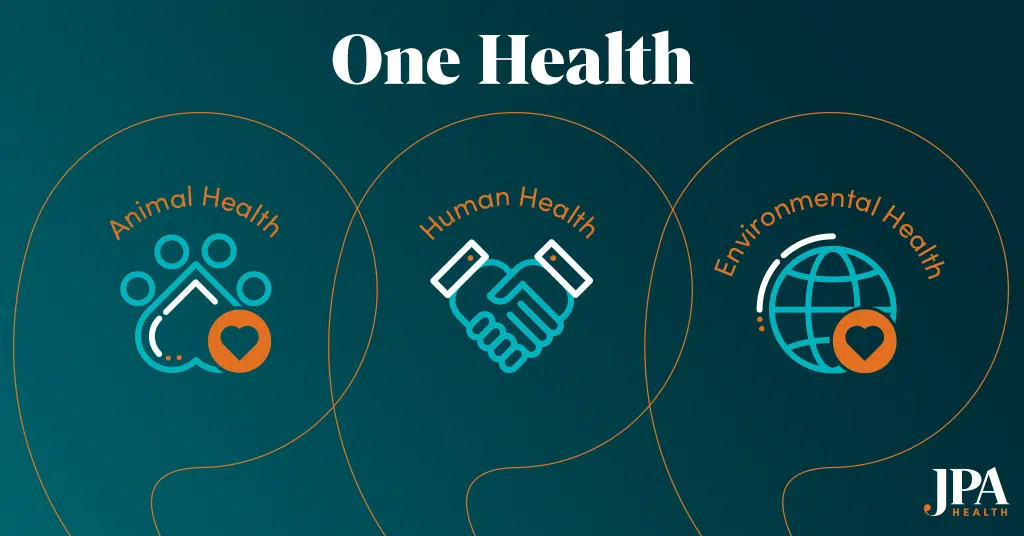
More and more we are seeing pet owners taking on the challenge of travelling with their pets. This summer, we have seen record-breaking temperatures and intense weather changes across the globe. With these continuous rises in temperatures, travelling with your furry friends can sometimes be more problematic for us, our animals, and the environment if certain precautions are not taken.
Animal health has always been a great passion of mine, having cared for a myriad of animals over the years including dogs, cats, horses, tortoises and even chickens at some point. At JPA Health, our mission to make the world a healthier place includes protecting animals. We know that human health and animal health are inextricably linked and that is why we focus considerable efforts in supporting our clients to raise awareness for animal health and welfare.
Key Takeaway
– Pets exposed to diseases abroad
– One Health links gaining awareness
– Prevention key to animal health

Related Case Studies
The concept of One Health is one that comes up often in the animal health industry, but what does it mean and how can it impact you and your pets? In this blog I will explore the links between animal health, human health and the environment and how something as simple as wanting to travel with your pets, can have a significant impact on the health of our animals.
- When we take our pets abroad, we could be exposing them to new exotic diseases not commonly found at home. They may be bitten by a tick or mosquito that is carrying a harmful parasite such as Leishmaniasis, which is carried by sandflies and can infect animals and humans1. Sandflies are found primarily in southern Europe but have now been spotted to be in other tourist destinations such as central France and eastern Europe2. In the US, cases have been found in Texas and Oklahoma, for example3,4. If you are like me and travel with your pets, this can be quite worrying. This disease can cause our beloved pets a myriad of different issues – from skin sores, fever, weight loss and sometimes kidney failure.
- There are many other diseases that can put our pets at serious risk of harm, but it also shouldn’t be forgotten that we can get infected too. We, as humans, have an important role and responsibility to ensure the safety of our environment, animals, and the people around us. In the context of disease, human-accelerated climate change has led to longer feeding seasons for disease carriers like ticks and mosquitos, as well as the expansion of their geographic activity. As a result, pets and other animals are at greater risk of being infected and subsequently pass it on to those around them, including us! This can be described as a #OneHealth issue,one which we all need to work together to overcome. But what can we do to protect our pets and ourselves?
- Prevention and protection are two of the biggest priorities and with National Take Your Cat to the Vet Day (US) and International Dog Day occurring recently, there is no better time to get your pet vaccinated. Vaccination is the first line of defense for your pet and the main way to break transmission of disease to other animals. Also, this month on the 28th of September it is World Rabies Day which highlights the risks posed by this disease to both animals and humans. Education can also play a fundamental role in raising awareness of where we’re going, what the risks are and how our actions can contribute to the spread of disease. Something as simple as a quick Google search letting you know not to take your dog for a walk between dusk and dawn where sandflies and mosquitoes are most active. Your vet should also inform you of best practice in protecting your pets from parasites and thereby preventing these infections.
At the end of the day our pets rely on us to keep them healthy and to safeguard them from possible harm. We, as humans, must actively take a stewardship role over animals and the environment, as the way these three entities interact can have a significant impact on global health.
References:

